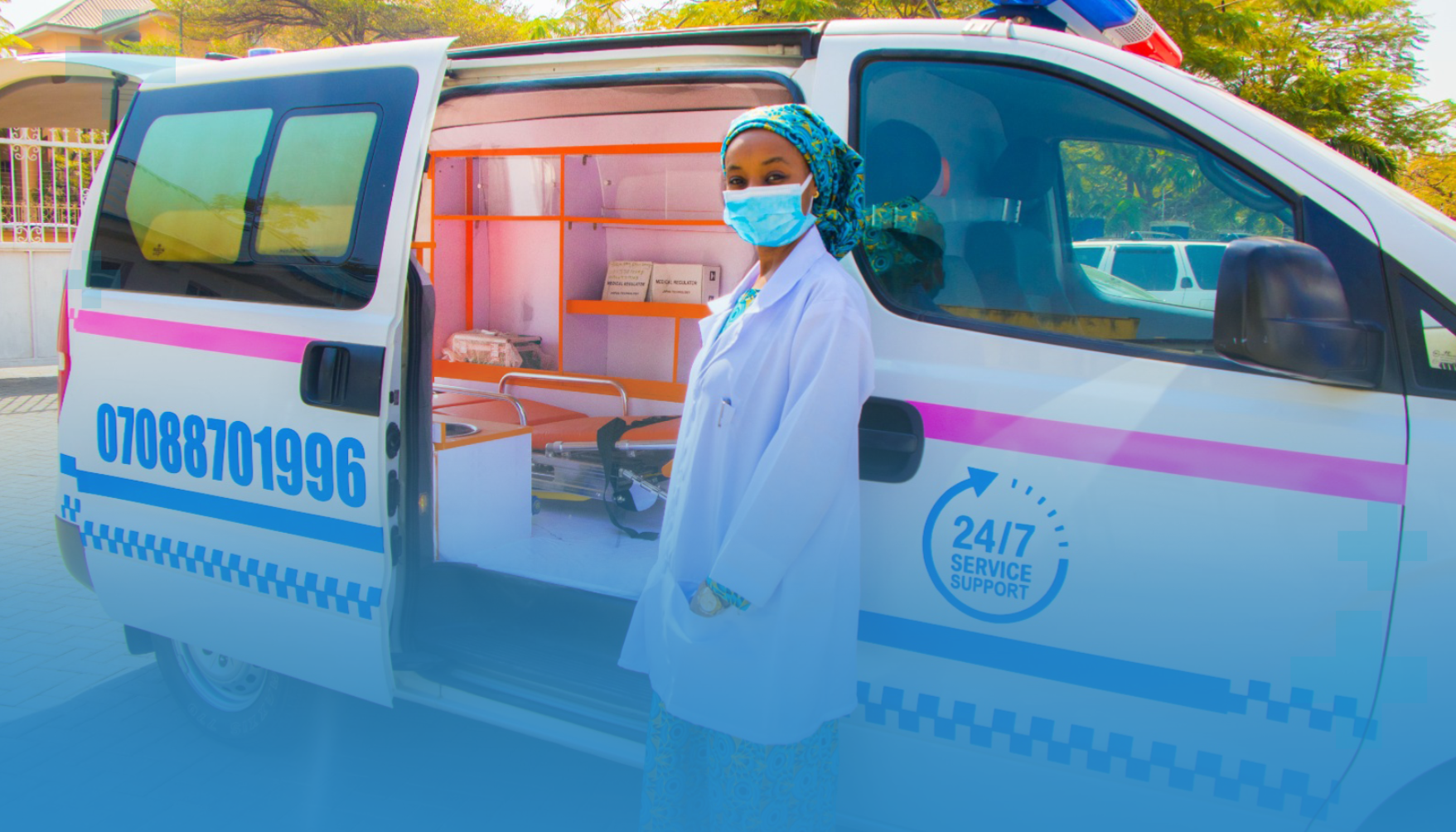Ambulance Services
Know What Ambulance services entails
Generally, diagnostics centers or clinics do not provide ambulance services as it requires specialized resources and trained personnel. However, some larger clinics or hospitals may have their own ambulance services for emergency transport of patients to and from their facilities.
Ambulance services refered to as the emergency medical services (EMS) that are responsible for providing immediate medical attention and transportation to people who require urgent medical care. The ambulance service is usually the first point of contact for patients who have suffered from accidents, illnesses, or injuries and need immediate medical attention.
Ambulance services typically include a team of highly trained paramedics, emergency medical technicians (EMTs), and drivers who are equipped with specialized medical equipment and vehicles to provide prompt and appropriate care to patients. They may provide basic life support (BLS) or advanced life support (ALS), depending on the patient's condition and medical needs.
It is crucial in saving lives and reducing the impact of medical emergencies. They operate 24/7 and respond quickly to emergency calls to transport patients to the hospital or healthcare facilities where they can receive further medical attention.
"The ambulance is the embodiment of compassion in motion, bridging the gap between crisis and care."
The ambulance services provided by Medicaid
-
Emergency medical transport: Ambulance services may provide emergency medical transport for critically ill or injured patients, such as those experiencing heart attacks, strokes, or traumatic injuries.
-
Non-emergency medical transport: Ambulance services may also provide non-emergency medical transport for patients who need to be transported for scheduled medical appointments, dialysis treatments, or other medical procedures.
-
Basic life support: Ambulance services may provide basic life support services, which includes first aid, CPR, and other basic medical interventions.
-
Advanced life support: Ambulance services may also provide advanced life support services, which includes more advanced medical interventions, such as administering medications, performing intubations, and providing specialized treatments for cardiac or respiratory distress.

